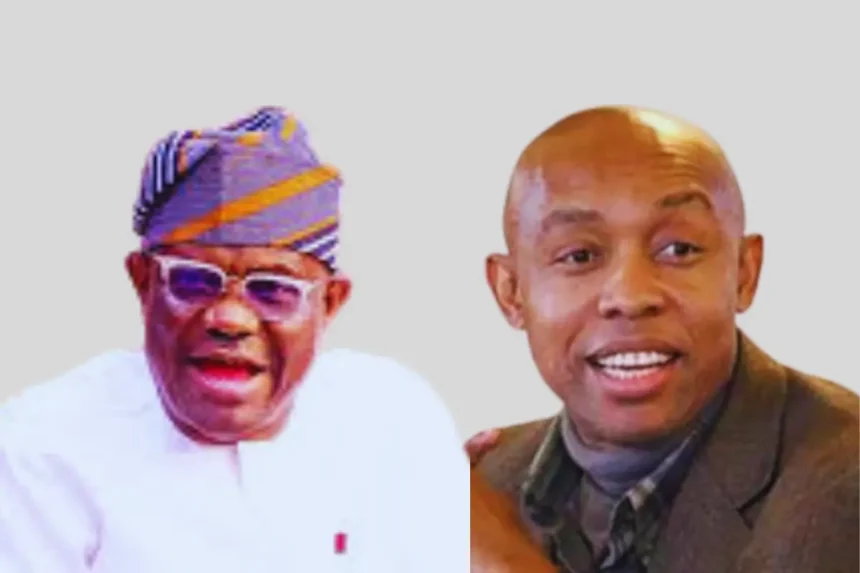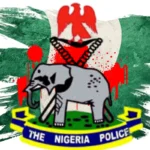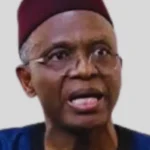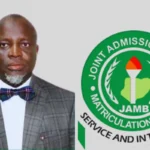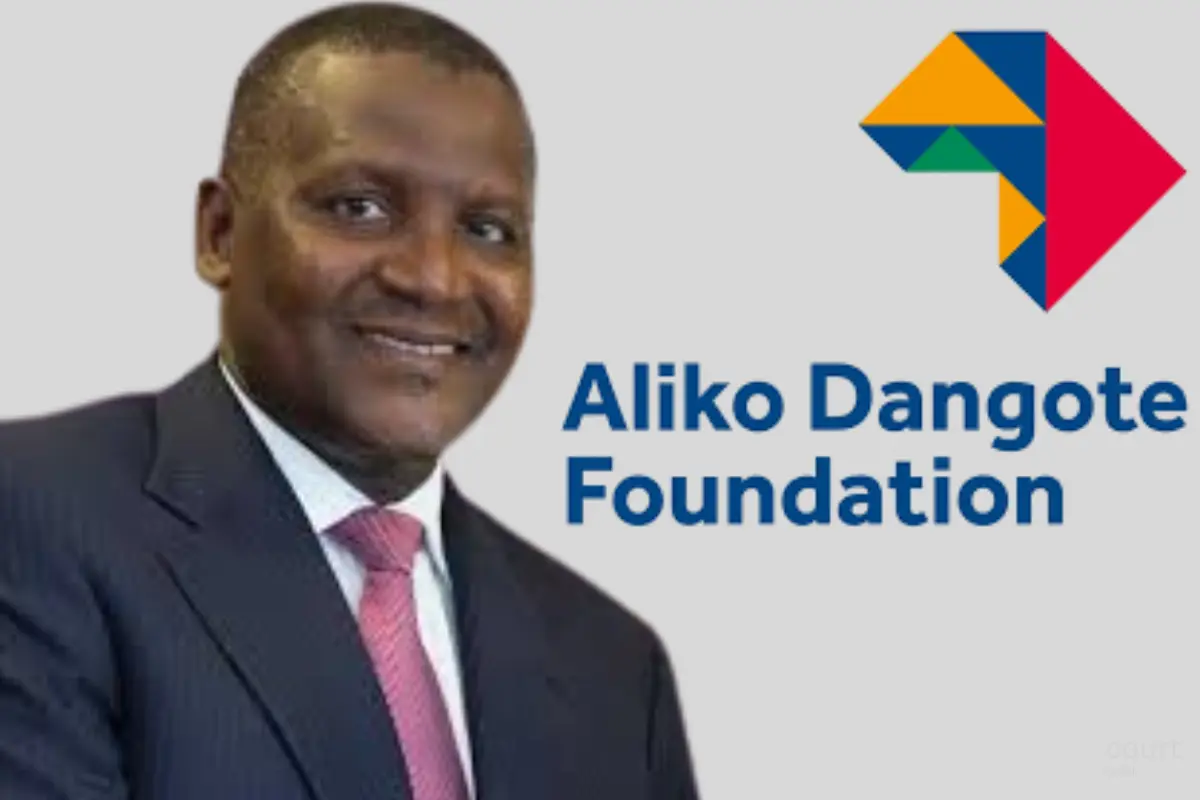In a bid to uphold the sanctity of the legal profession, the Minister of the Federal Capital Territory (FCT), Nyesom Wike, has called on the Body of Benchers to take disciplinary measures against Professor Chidi Odinkalu. Wike accused Odinkalu of undermining the judiciary through persistent public criticism, which he believes is detrimental to the profession.
Addressing members of the Body of Benchers, led by Chief Adegboyega Awomolo (SAN), Wike stressed the importance of preserving judicial integrity and maintaining discipline within the Nigerian Bar Association (NBA). He expressed dismay over the growing trend of legal practitioners openly challenging judicial decisions without adequate scrutiny, arguing that such behavior erodes public trust and instills fear among judges.
According to Wike, judicial officers are increasingly apprehensive about participating in public engagements due to concerns over potential misinterpretation and petitions against them. He maintained that the NBA must take decisive action to curb what he perceives as a pattern of unwarranted attacks on the judiciary.
This call for disciplinary action emerges against the backdrop of a long-standing rift between Wike and Odinkalu. The minister had previously questioned Odinkalu’s credentials and leadership during his tenure as chairman of the National Human Rights Commission (NHRC). In response, Odinkalu fiercely rebuked Wike, branding him a “greedy glutton” and challenging his credibility in public office.
Renowned for his unyielding stance against judicial corruption, Odinkalu has consistently spoken out against instances where judges allegedly manipulated verdicts in favor of influential individuals or political interests. Bulkachuwa’s admission that he influenced his wife’s rulings to favor his associates further underscores concerns about judicial integrity—an issue Odinkalu has consistently condemned.
Odinkalu has also condemned controversial judicial decisions, such as the Supreme Court’s ruling on Sunday Jackson, a farmer sentenced to death for defending himself against armed herdsmen who invaded his farm. Jackson, after being stabbed, managed to wrestle the knife from his attacker and use it in self-defense, which resulted in the herder’s death. Despite the life-threatening circumstances, the Supreme Court handed down a death sentence, a decision Odinkalu decried as a gross miscarriage of justice.
Beyond individual cases, Odinkalu has raised concerns about the judiciary’s selective approach to political cases, particularly in Rivers State, where Wike’s influence is widely acknowledged. He pointed to instances where court rulings were expedited to favor Wike’s loyalists in their dispute with Governor Siminalayi Fubara, while the core issue of political defection remained unaddressed. Such inconsistencies, he argues, reveal deeper structural issues within Nigeria’s legal system.
The NBA and Wike have had prior disagreements, with the association previously criticizing him for dismissing it as a “paper tiger.” NBA President Olumide Akpata highlighted Wike’s history of opposing the association whenever it spoke against judicial malpractice in Rivers State, pointing to contradictions in his current calls for discipline within the legal profession.
As tensions between Wike and Odinkalu persist, the legal community awaits the response of the NBA and the Body of Benchers. The broader debate surrounding judicial accountability and integrity in Nigeria continues to spark national discourse, raising questions about the role of legal institutions in preserving justice.
